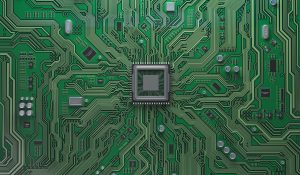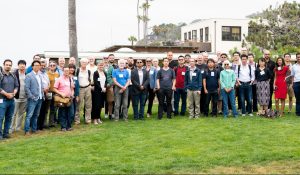
Archive of posts tagged: Programmability


The Case for a Programmable Memory Hierarchy
Once upon a time, cores and memory ran at similar speeds, and programs could read and write memory directly without complications. The load-store interface was born as a simple way to give programs access to data, and, at this stage in computing history, this...
Languages, Tools, and Techniques for Accelerator Design
FPGA-based accelerators have opened up a new frontier for accelerator design; instead of spending months building and fabricating silicon chips, programmers can buy a cloud instance to run custom hardware accelerators within hours. With the remarkable new hardware, there is a need for remarkable new software.

From Heavy Metal to Irrational Exuberance
The focus of most published research in architecture is on applications implemented in high-performance, “close-to-the-metal” languages essentially developed before computers got fast. These, let’s call them metal languages, include FORTRAN...

